The deployment of British troops to Estonia shows NATO is a “very capable force” according to a senior British officer.
The British Army are currently deployed on operations supporting NATO’s Enhanced Forward Presence (eFP) and currently have forces located in Estonia and Poland. The eFP in the Baltic States sees the deployment of a robust, multinational, combat-ready force, that forms part of a wider package of initiatives ‘designed to enhance Euro-Atlantic security, reassure Allies and deter adversaries’.
About 800 military personnel are working alongside and supporting Danish, US, Croatian and Romanian military forces as well as the home nations of Poland and Estonian.
The Royal Welsh are the lead Battlegroup (BG) element based in Tapa, Estonia. Supporting the BG are the Kings Royal Hussars, 19th Regiment Royal Artillery and elements from the Royal Military Police, Intelligence Corps, Royal Signals and Royal Electrical Mechanical Engineers and Royal Logistics Corps.
Winter Camp is a multi-national, UK/Estonian lead exercise that will test and confirm mission specific training whilst operating in a cold weather environment. It will test the soldiers and equipment whilst enhancing the interoperability between NATO nations.
Senior Major of The Royal Welsh, Darren Hughes, said his troops are aware of why they are in Estonia. Asked whether the threat from Russia is a credible one, he said:
“In as much as is Russia a potent military force? Absolutely.
They are a very professional organisation. Are they a threat to us day to day? No, they are not. Plus are we showing the fact that should situations worsen, then an armoured infantry battlegroup is a very credible fighting force.
We are here to show to any potential aggressor that as a force, Nato is very capable and is prepared to deal with a whole raft of threats.”
Defence Secretary Gavin Williamson said:
“We live in a world where the threats and dangers we face to our way of life are constantly evolving and increasingly challenging. This threat is real and it is on our doorstep. We should not underestimate the damage Russia could do.”


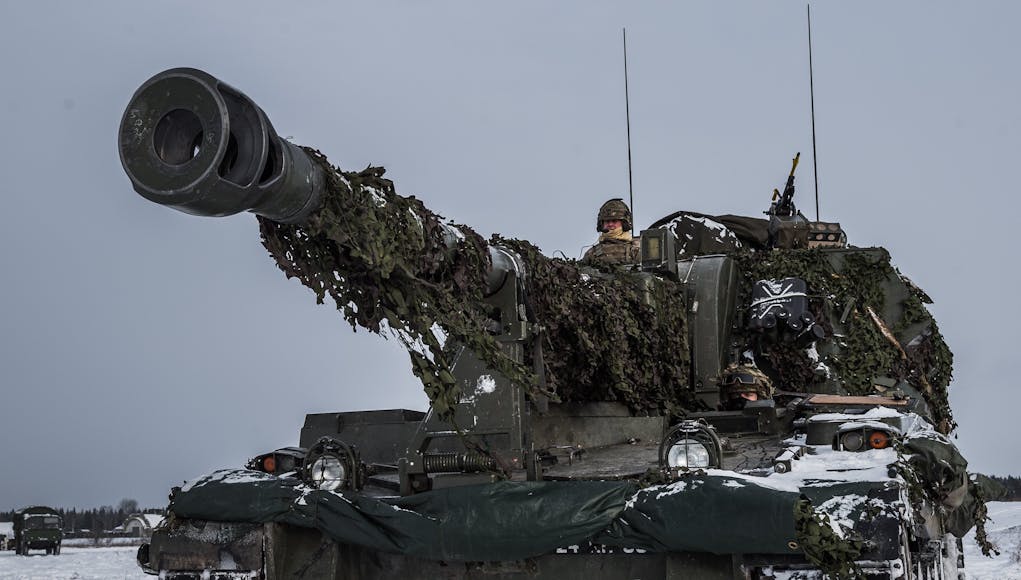
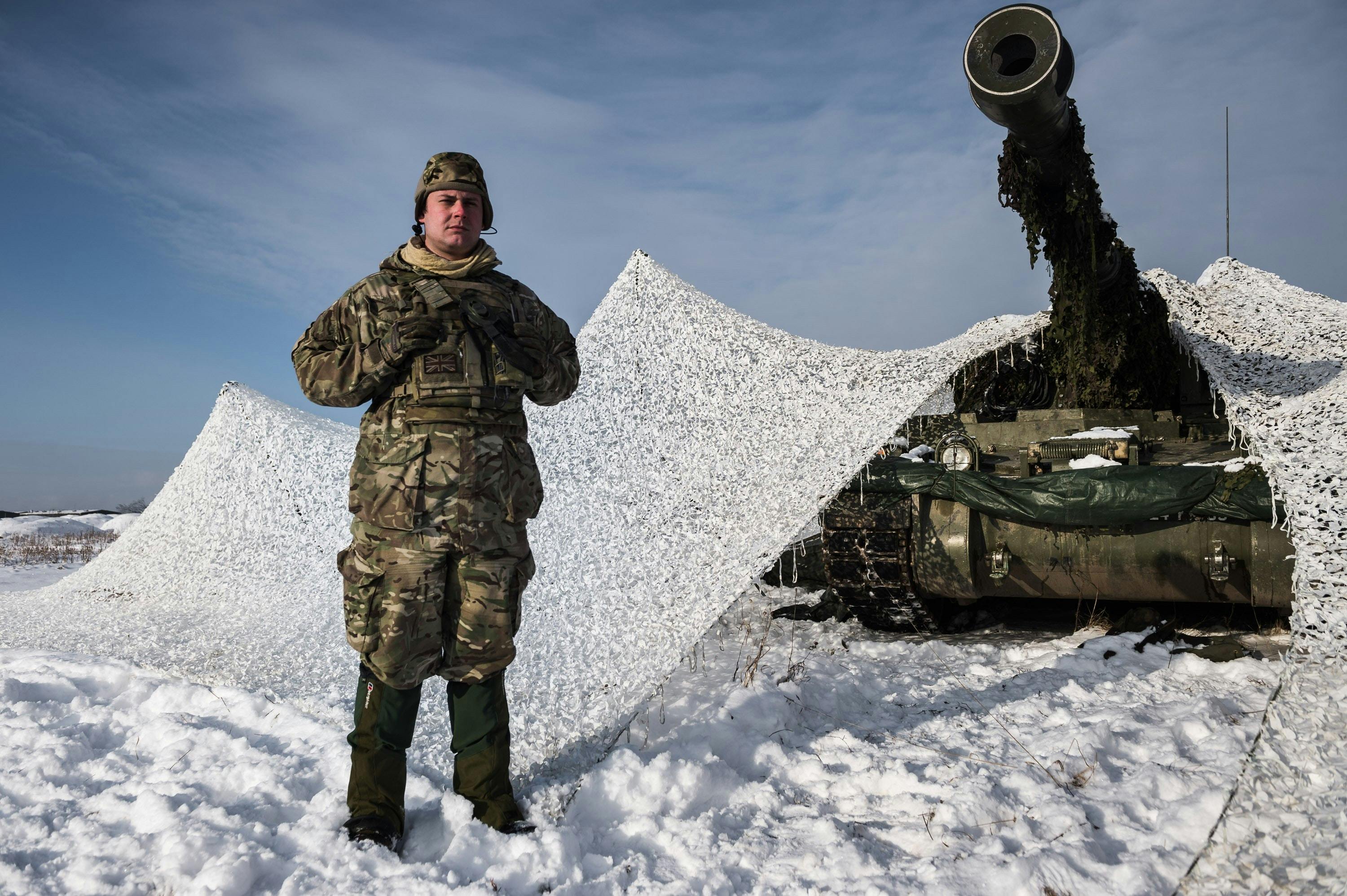
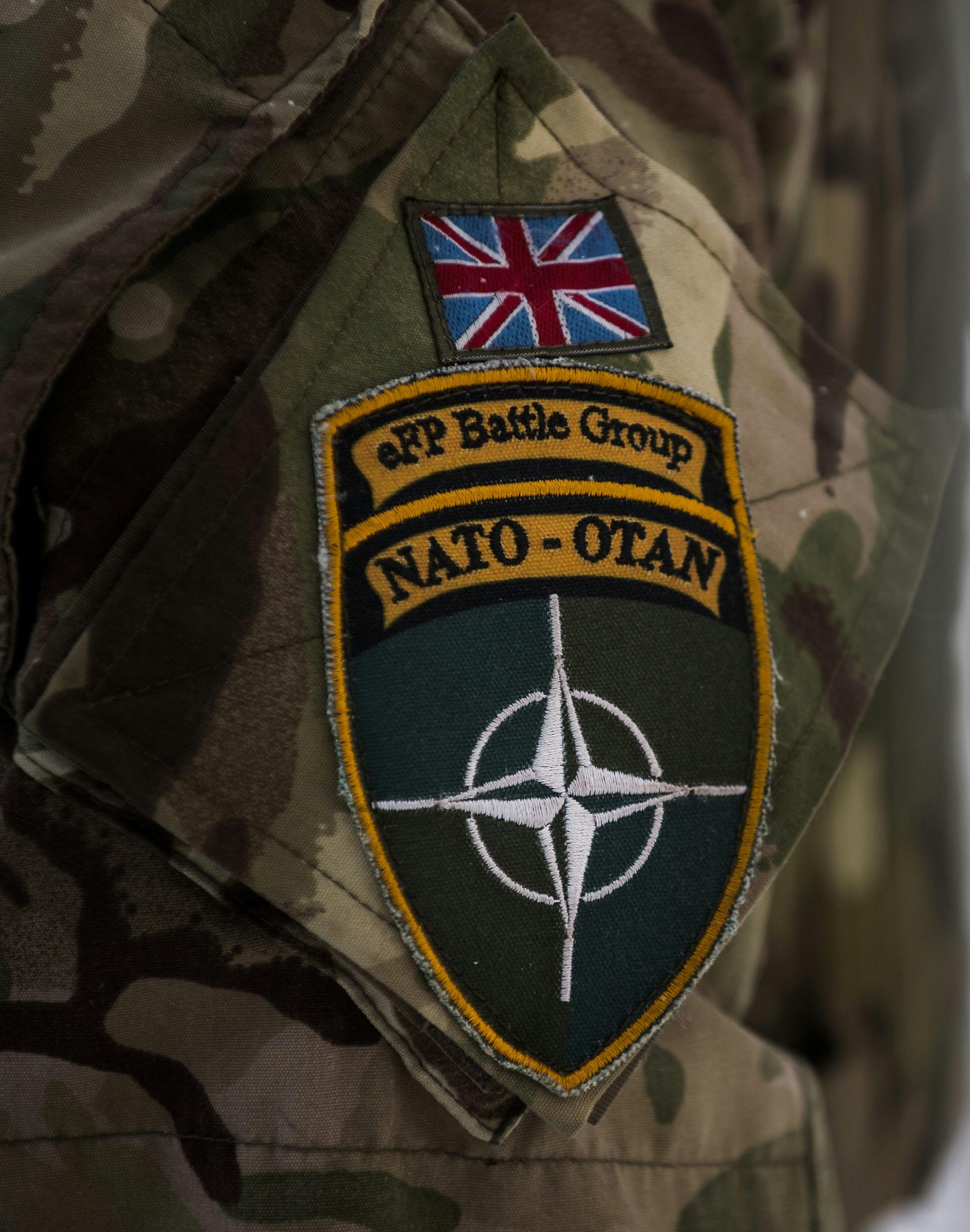

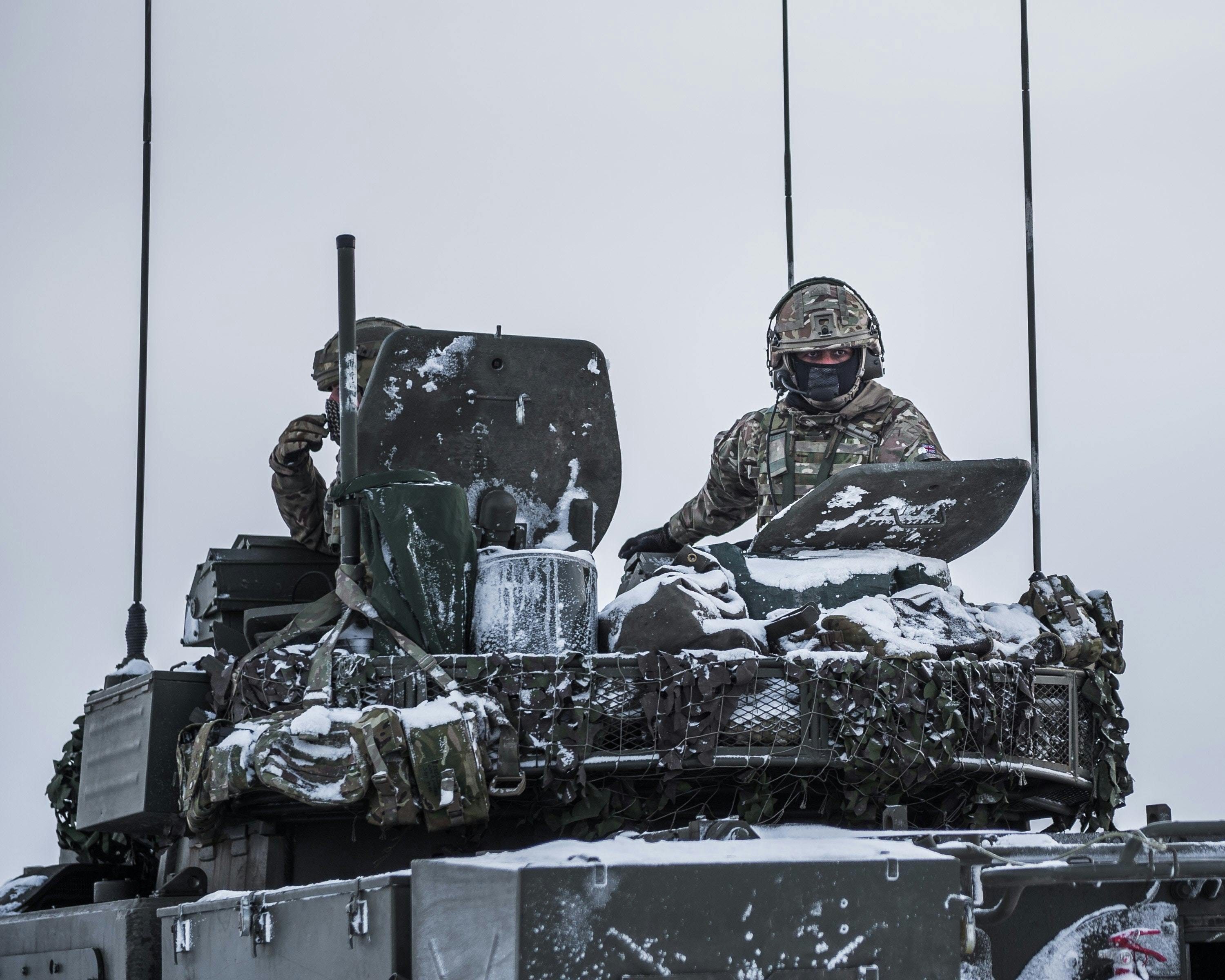
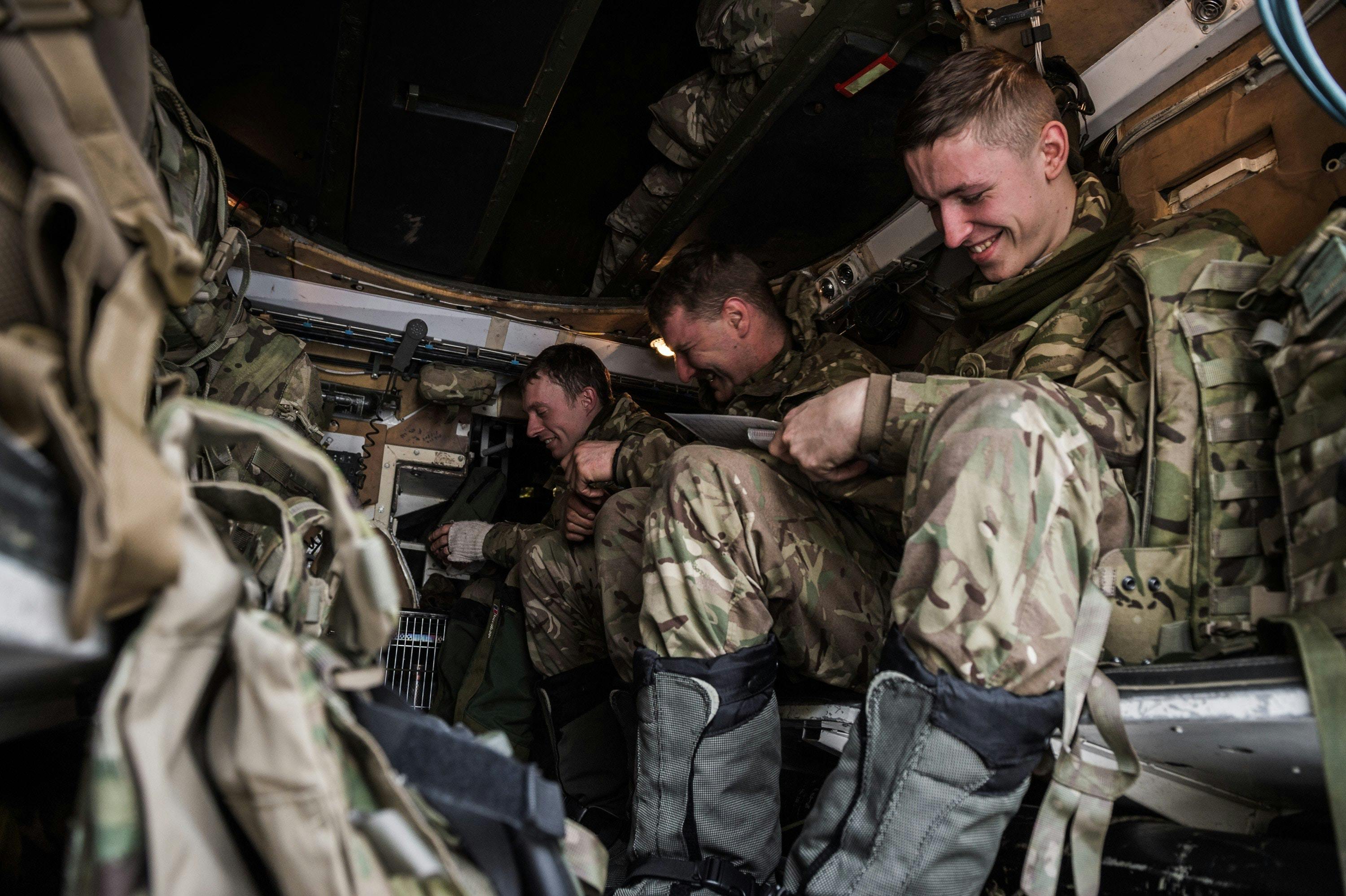
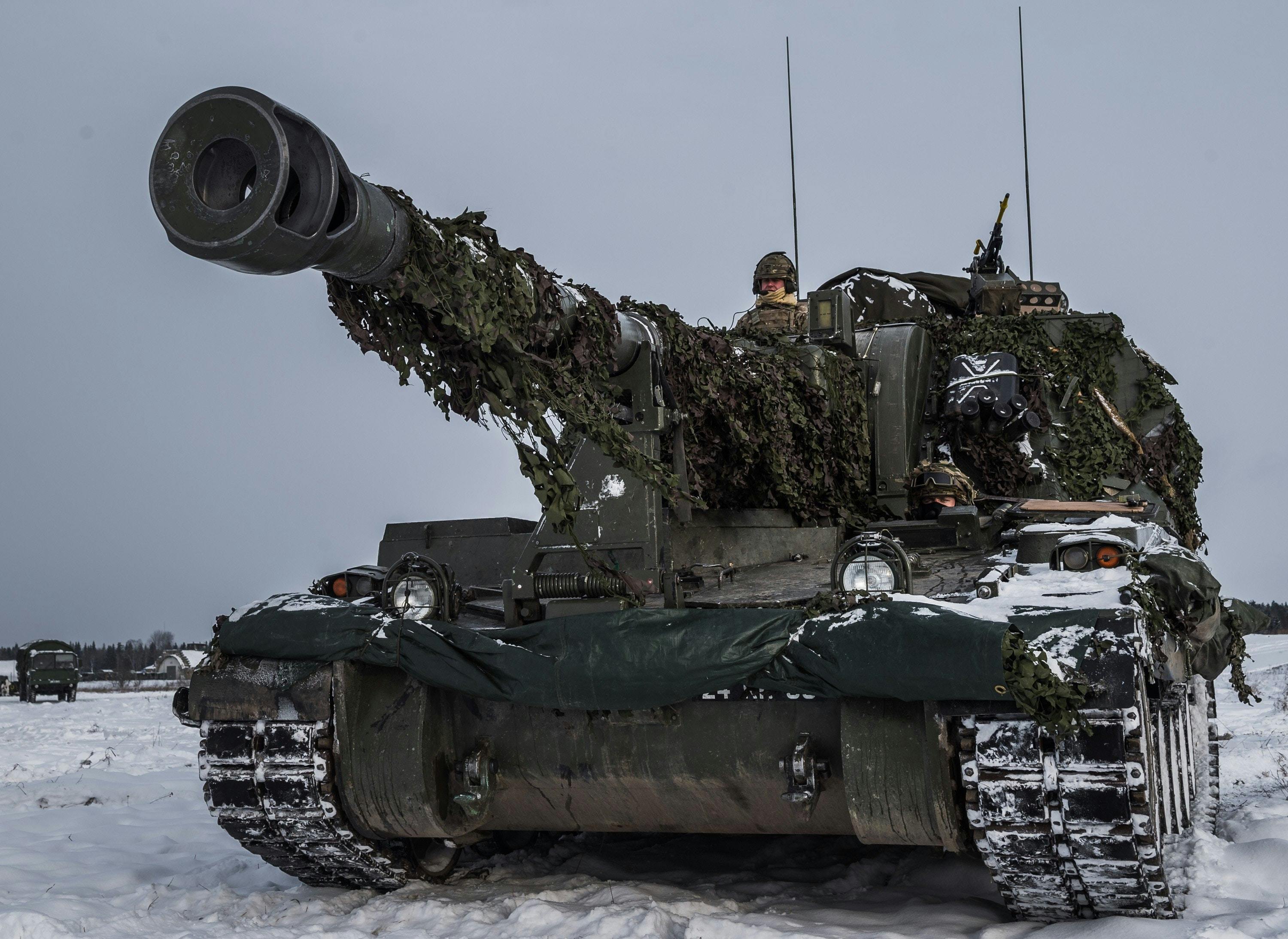
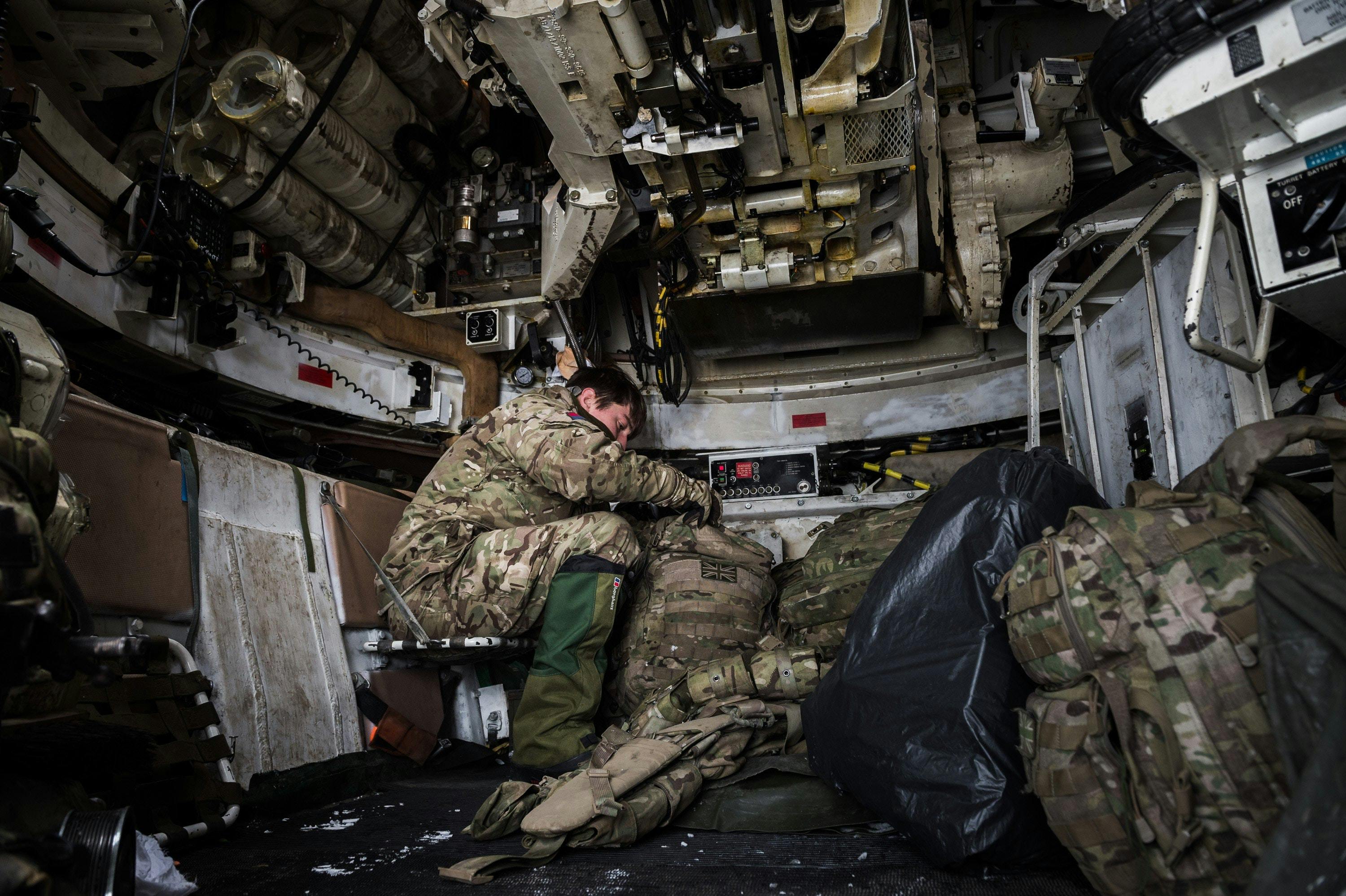
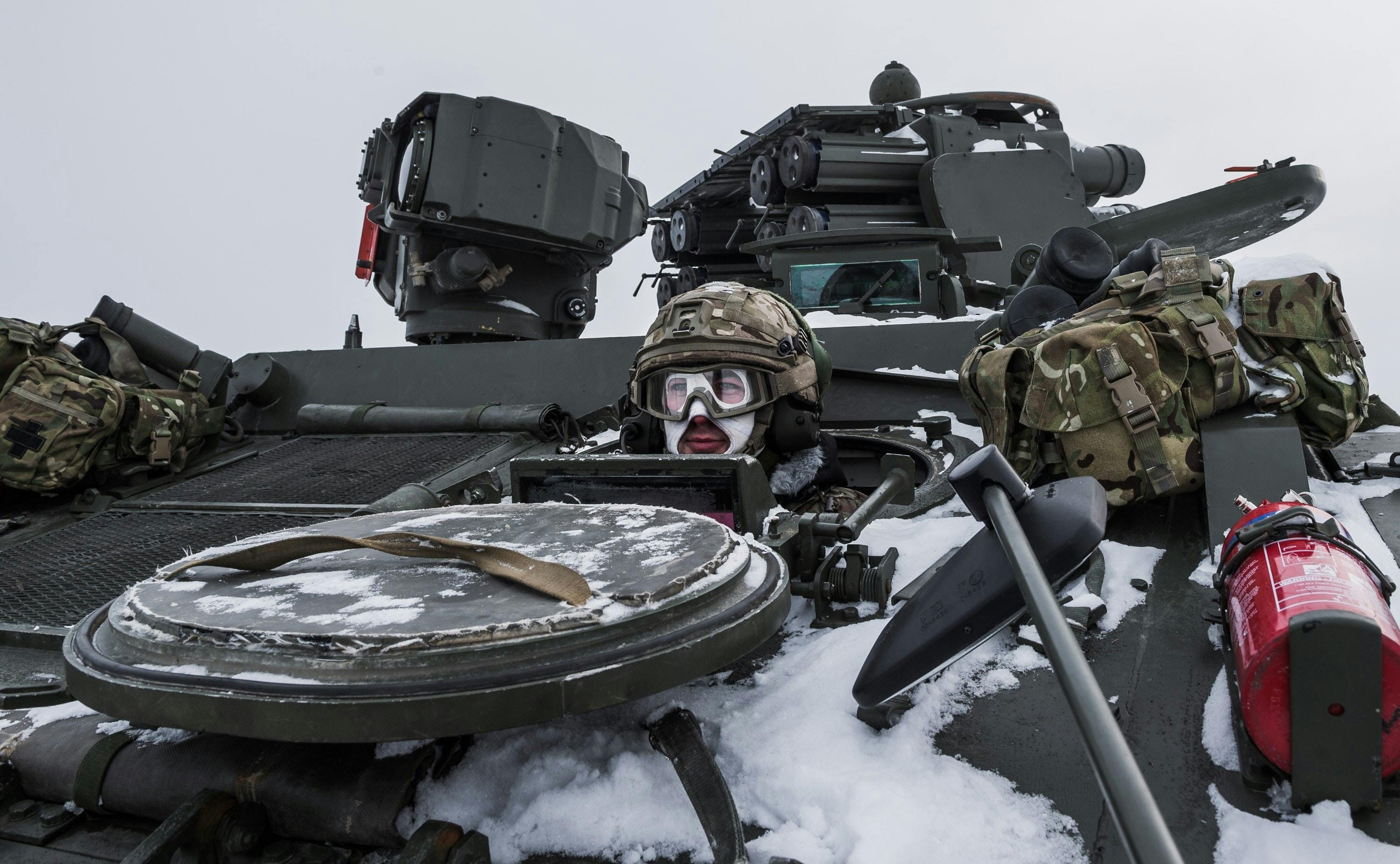
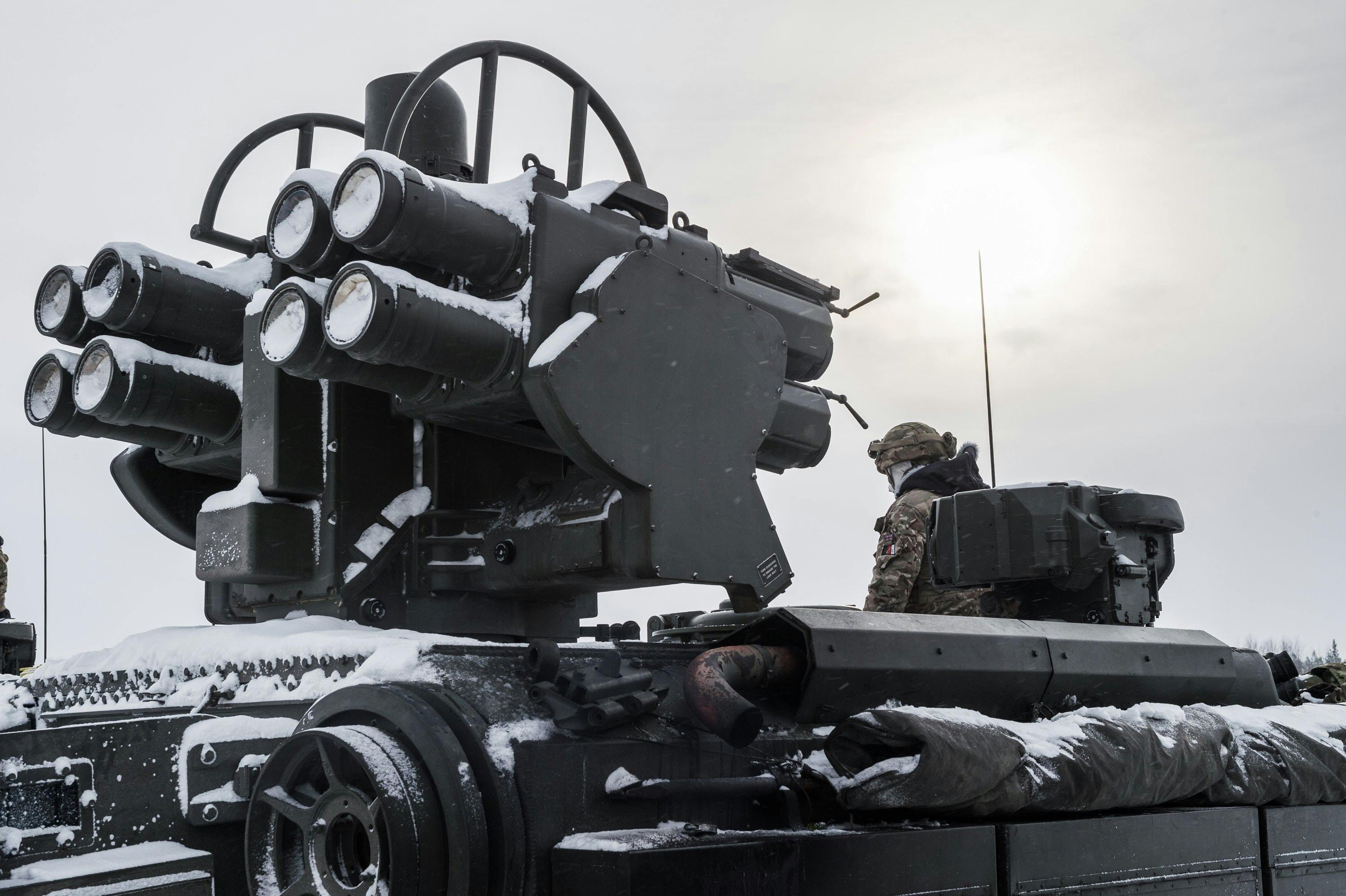
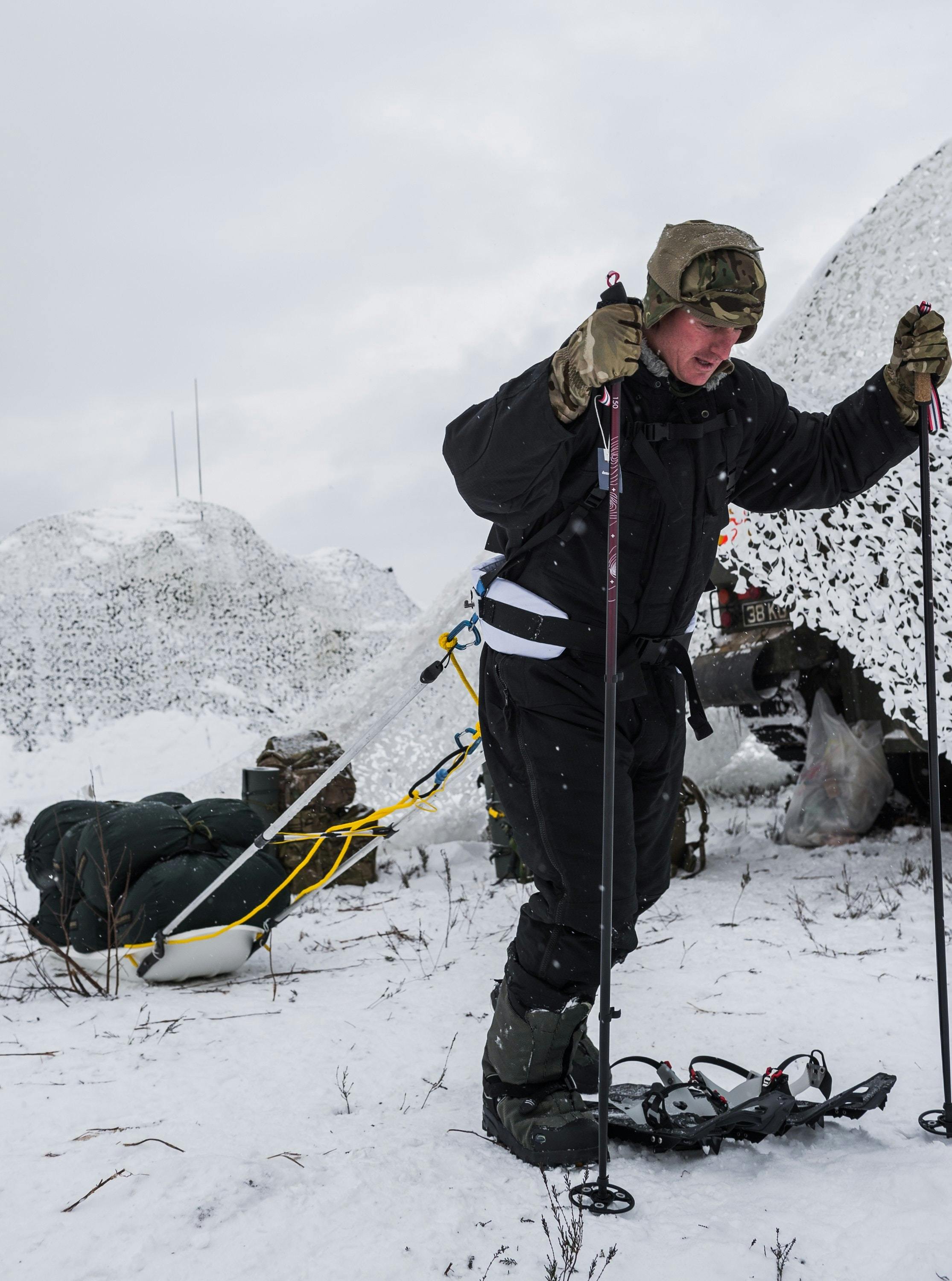
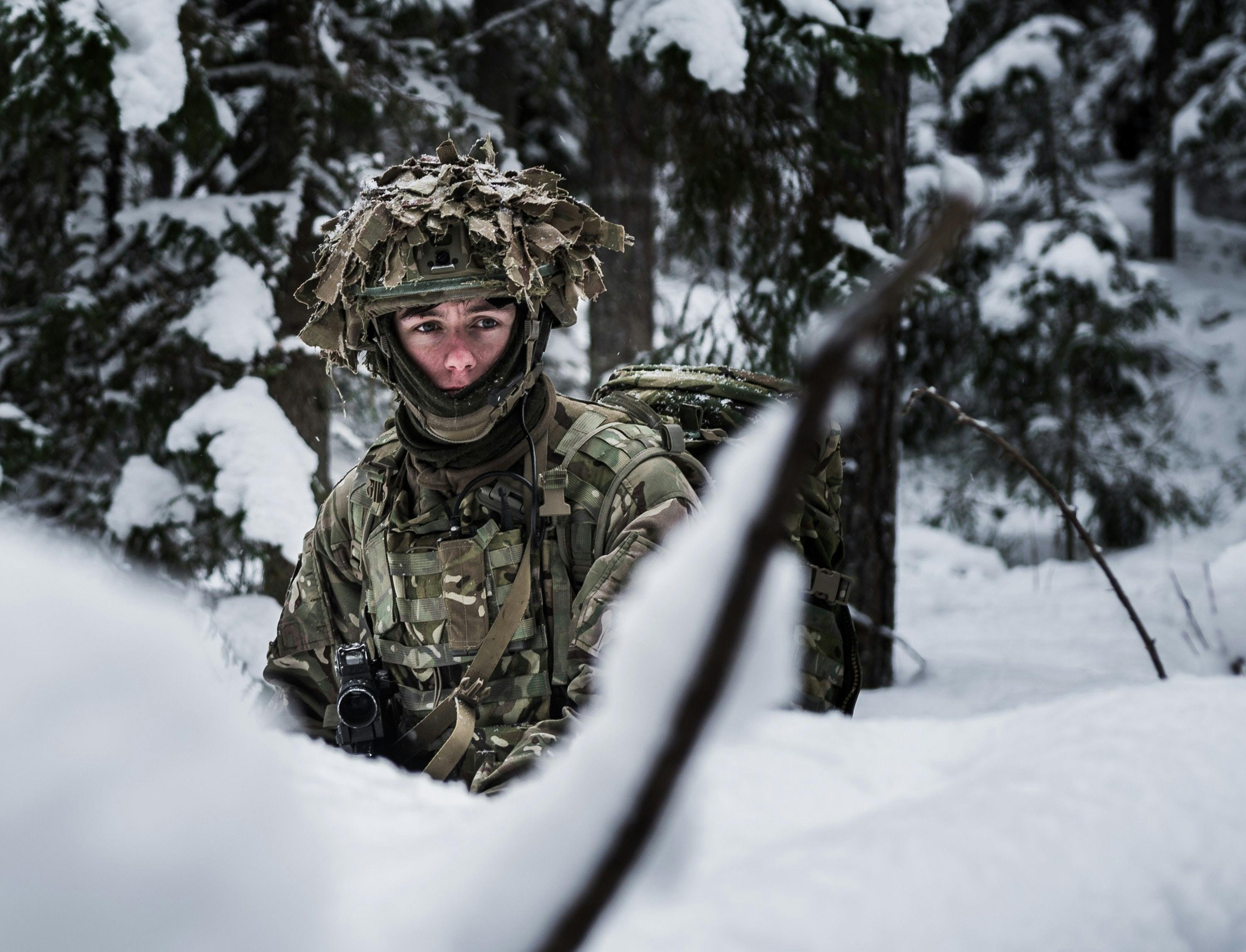
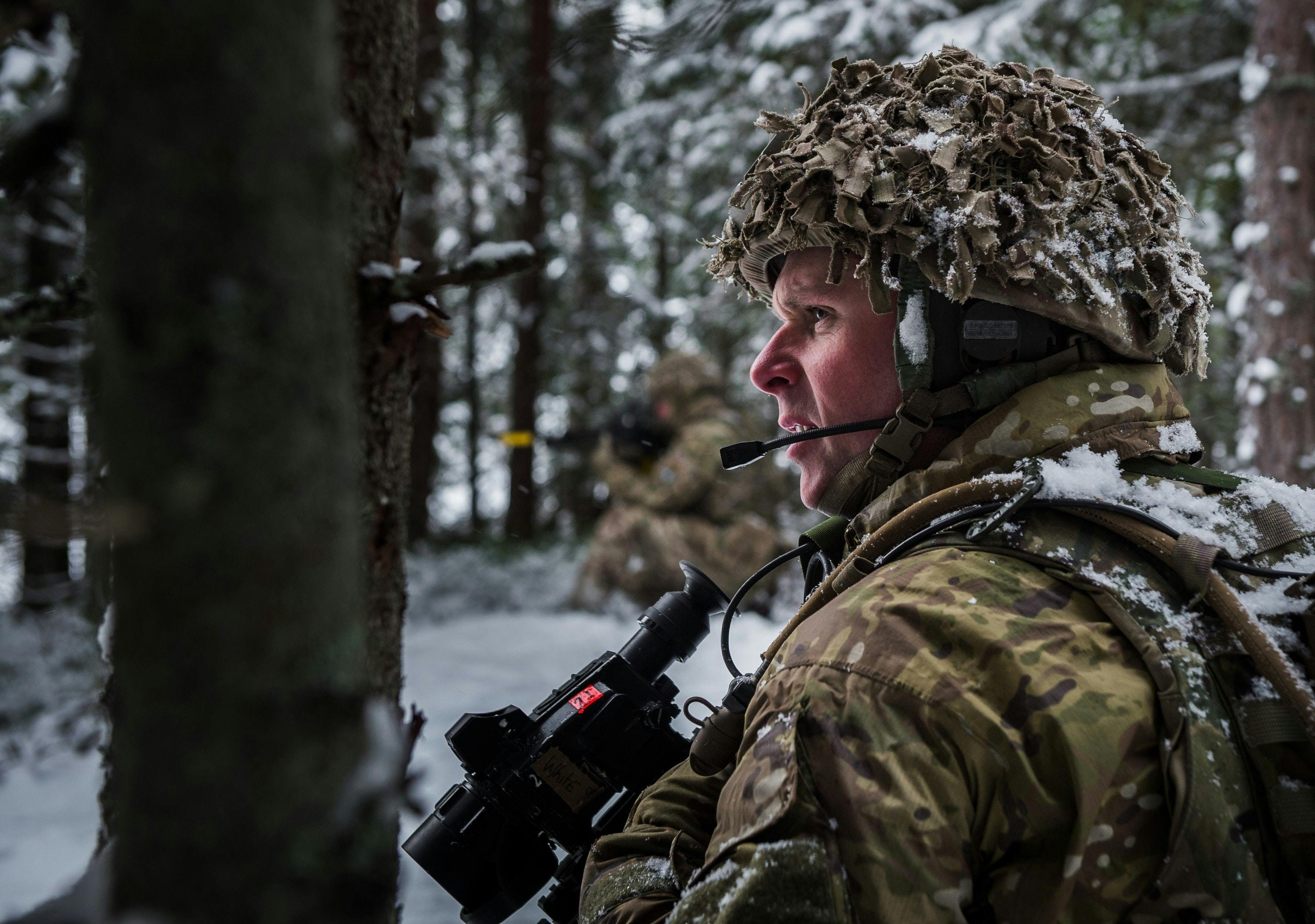
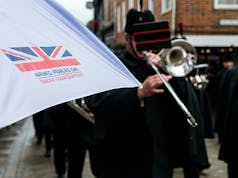
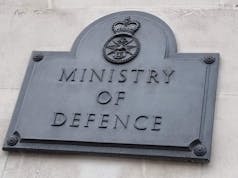

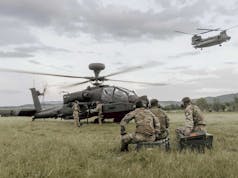

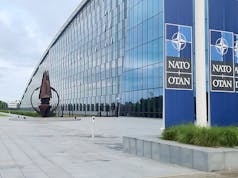
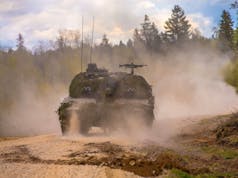

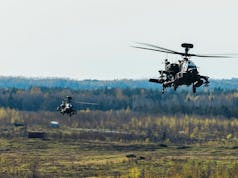


Once upon a time troops used to get issued whites for winter warfare training.
The article makes out KRH and 19 RA are there in their entirety. I thought they were in squadron and battery strength for a BG deployment.
They would all be swept away if Russia was serious but a detterent nonetheless.
If Russia wanted a go (and who knows what distraction Vlad will need after the World Cup), these men and women either flee, surrender or die..
Britain cannot reinforce them before the Baltics are taken anyway.
As tripwires go, the Baltic mission with its massive logistical disadvantages is tokenistic.
C’Mon Baltic states would not be wiped away unless Russian propaganda was carried out before an assault rallying civilians if not the case a surly a fierce battle would rage for months involvement build-up? resulting in seize fire?
Against the Russian army? No chance there. It would be over for the Baltics before they’d even know what hit them.
It’s not about defeating Russian forces, it’s about putting troops on the ground from many NATO member states. In so doing, we send a message to Mr Putin that an attack on one of the Balkan member states is truly an attack on the alliance, with all the consequences that might bring.